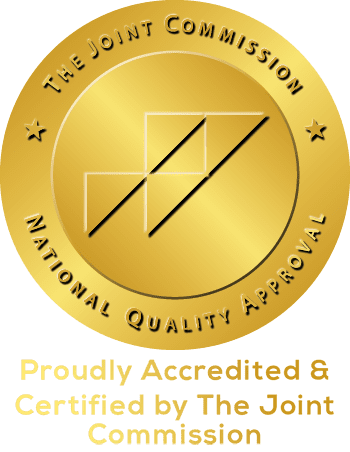Residential Care

COMPREHENSIVE EVIDENCE-BASED TREATMENT OPTIONS
OUR CONTINUUM OF CARE
- 30-Day Residential Treatment Program (RTC)
- 30-Day Intensive Program (PHP)
- 90-Day Comprehensive Program (PHP/IOP)
- Extended Aftercare Program (IOP/OP)
- Family Workshop
- Alumni Program
HOPE. LOVE. PURPOSE.
Founded in 2016, our guiding mission is to help people start a new chapter in their lives with hope, love and purpose. We believe in the power of evidence-based therapies delivered by compassionate and skilled providers combined with a strong therapeutic community of clients and an active alumni fellowship. We believe in a holistic and individualized approach to treatment. We treat adults with chronic substance use disorders, primary psychiatric disorders including depression, anxiety, bipolar disorder, post-traumatic stress disorder and co-occurring disorders. We believe that anyone suffering from these issues can find freedom from compulsive and/or self-defeating behaviors and beliefs. We provide robust clinical programming to address underlying issues and manage triggers successfully in recovery. Often, clients who seek primary mental health treatment at Scottsdale Providence Recovery Center have no history of a substance use problem. Our belief is that it is not enough to provide quality services, you must provide quality services that resonate with the individual, integrate family and community support and genuinely care about the client’s success. This is our commitment to our patients and families. We believe treatment need not feel stuffy or impersonal.
We promote honest, joyful, enthusiastic recovery.
Modalities





























